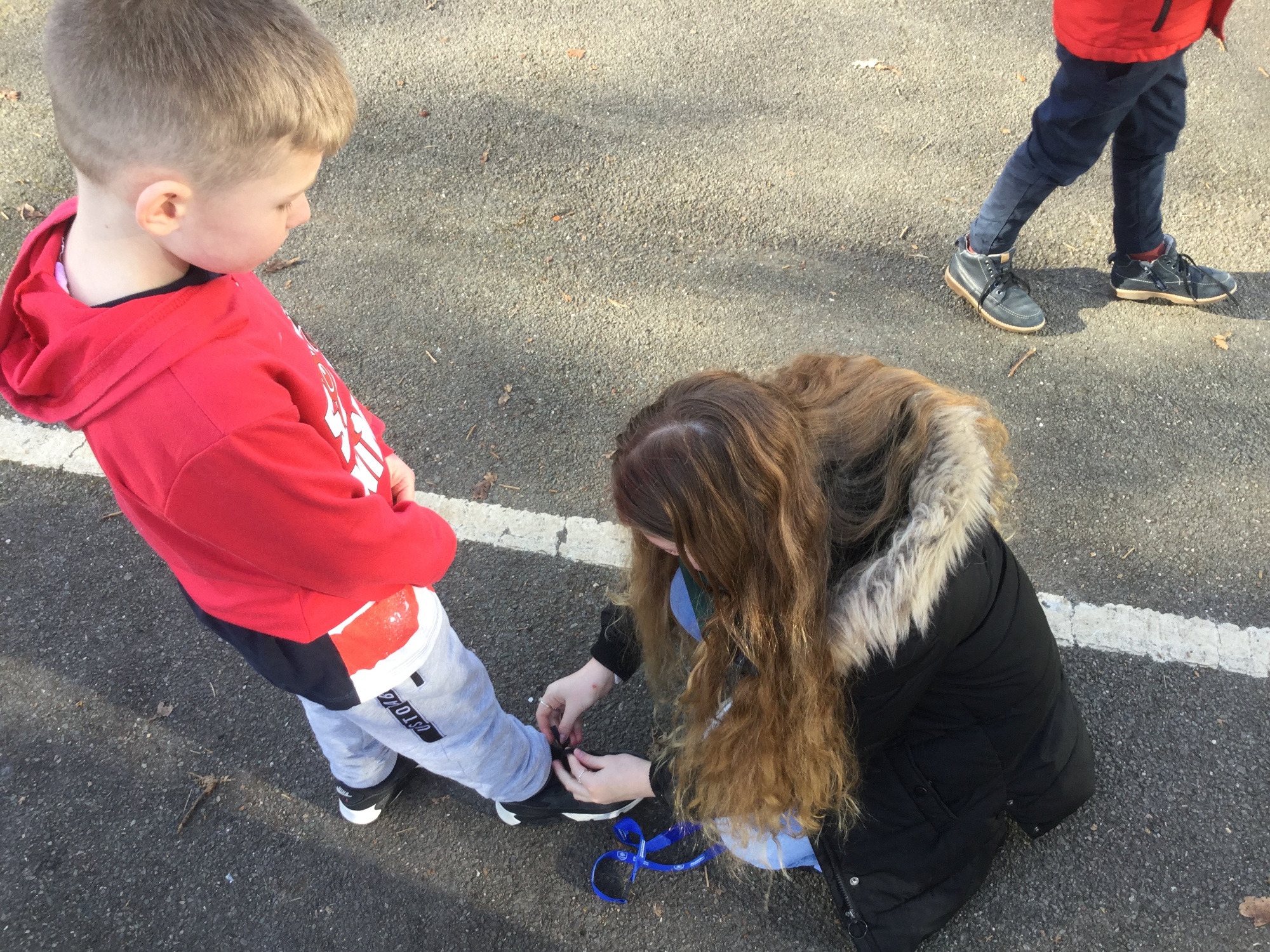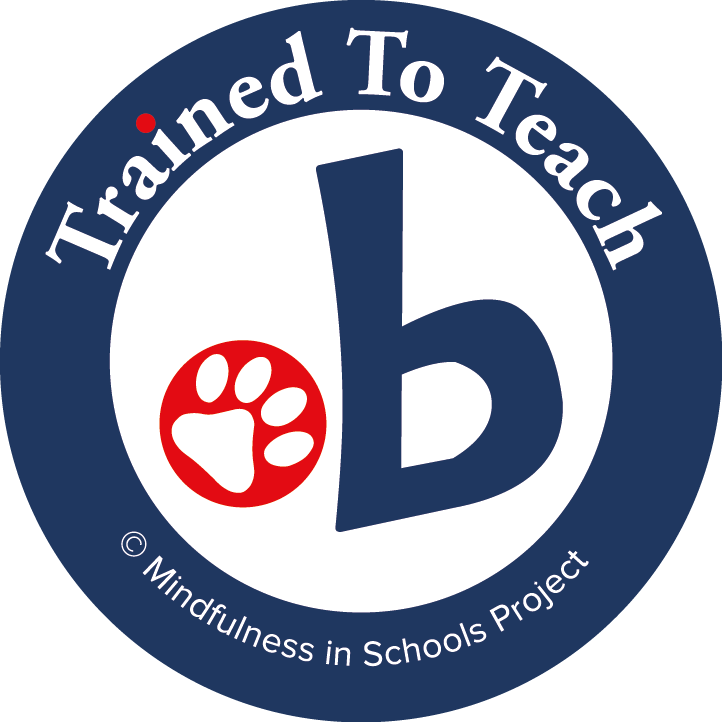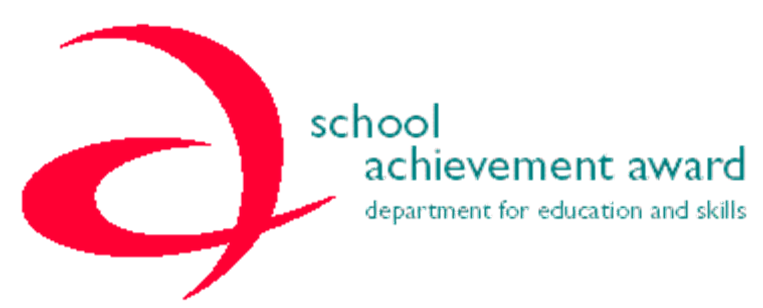PSHE & British Values

We follow the Kapow scheme of work for PSHE. This scheme of work covers the statutory Relationship and Health Education objectives as well as British Values. We also use weekly 'Picture News' to discuss what is happening in the world. This links to British Values and Human Rights.
Intent
Intent: Why are we teaching this?
PSHE is embedded in daily life at Poverest as well as being taught weekly through our engaging and inclusive Kapow PSHE lessons and Picture News assembilies. The broad and balanced PSHE curriculum enables pupils to develop knowledge and skills they need to flourish in the wider curriculum and in life as a whole. PSHE helps pupils to understand their own personal values, and how, as individuals, they fit into and contribute to the world. PSHE develops emotional literacy, builds resilience and supports mental and physical wellbeing, in turn supporting emotional awareness, active learning and concentration. ”Weaving through the heart of our creative PSHE teaching, is a commitment to enhancing and promoting our school ethos to ‘learn together, grow together and succeed together’’.
Implementation
Implementation: How is this being taught?
To ensure a depth and accuracy of learning which develops knowledge, all classes undertake weekly PSHE lessons which follow Kapow, a fully planned and spiralling/progressive PSHE scheme. It includes SMSC and British Values throughout the topics. The Kapow scheme supports the inclusive requirements of the Equality Act through direct teaching, for example learning about different families, the negative effect of stereotypes and celebrating differences.
EYFS: ● Self-regulation ● Building relationships ● Managing self
Key stage 1 and 2: ● Families and relationships ● Health and wellbeing ● Safety and the changing body ● Citizenship ● Economic wellbeing
As Kapow PSHE is a whole-school broad and balanced approach. There are numerous creative and engaging activities that build on a sense of belonging and community, and that value every individual. There are meaningful opportunities for cross-curricular learning, in particular with Computing for online safety and Science for growing, nutrition, teeth, diet and lifestyle. The scheme provides consistent messages throughout the age ranges including how and where to access help. To ensure that it doesn’t become repetitive we also use ‘Picture News’ to discuss ‘What is in the News?’ as part of our weekly assemblies which helps to embed SMSC and British Values in day-to-day life at Poverest.
Assessment in Kapow is both formative and summative with end of topic quizzes. The summative assessment process offers criteria for children either working at, beyond or towards the age-related expectations. Greater depth children can be challenged to ensure that they are being given the opportunities to enrich their learning further.
As well as online CPD through Kapow, the PSHE Subject lead also delivers staff training at least twice a year.
Through the parents guide document attached to this page, parents/carers are informed about how RSE is taught, the statutory requirements for each year group including sexual harassment and tips for them to support their child at home. A dojo message is sent out to parents in each class before teaching the 'changing body' topic to share exactly what the children will be learning with links to any videos etc being shown to the children.
Impact
Impact: What is the effect?
The impact of our PSHE teaching is evident in school life as whole – in pupils’ good behaviour, their attitudes to learning and their respect, care and understanding for and of, each other.
By the time children leave our school they will:
-
have a good understanding of how to stay safe, healthy and develop good relationships.
-
be respectful, socially and morally responsible, active members of society appreciating difference and diversity
-
have a strong self-awareness (including self-esteem) interlinked with compassion of others.
-
be able to approach a range of real life situations and apply their skills whilst looking after their own mental health and well-being.
How will we know?
Through kapow quizzes at the end of each topic, discussions with pupils in lessons, monitoring pupil’s skills and knowledge over time, learning walks, work scrutiny etc we can be confident that the Impact of PSHE matches the Intent, and we can evidence this.
Useful Links:
The PANTS Song This is a campaign created by the NSPCC that gives parents, carers and teachers the support they need to explain the Underwear Rule to young children aged 4-8 in a simple and age-appropriate way. Each letter of PANTS provides a simple but valuable rule, highlighting that their body belongs to them, that they have a right to say no, and that they should tell an adult they trust if they’re worried or upset.












